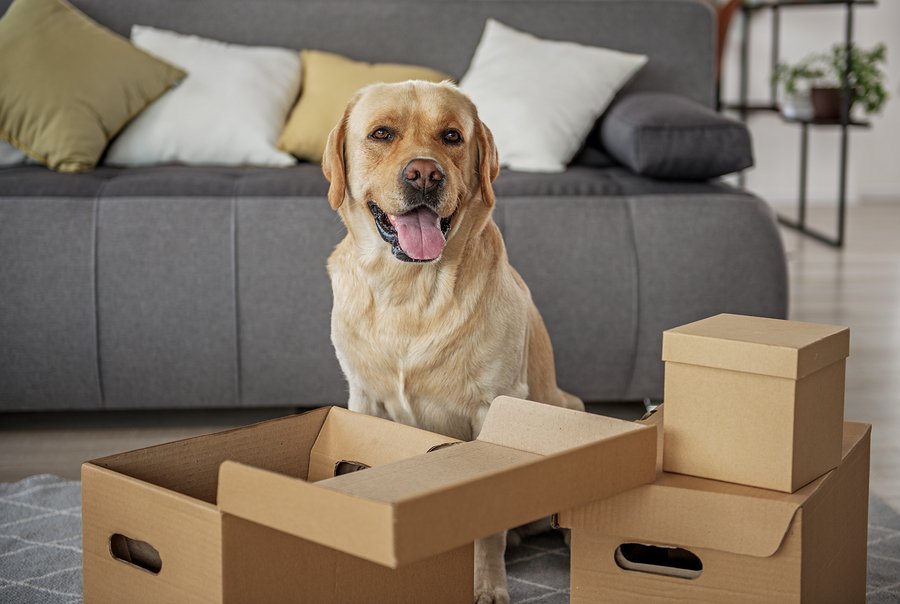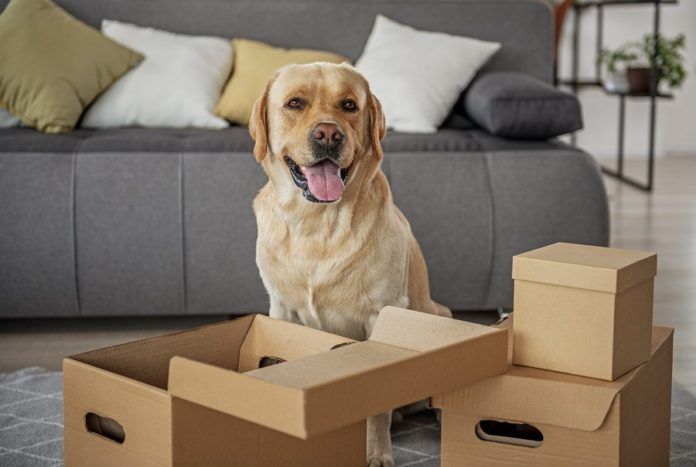© YakobchukOlena | Bigstock


Q. My 11-year-old Lab mix was having trouble breathing, so I took him to the vet, who diagnosed pneumonia. But now the doctor is saying he has to have an operation to correct some trouble in his voice box, which caused the difficulty breathing in the first place and also led to the pneumonia. Does that make any sense? How could a problem with the voice box lead to labored breathing or pneumonia? I have gone to this vet for years but now fear she is trying to bilk me.
Paul Zirkin
Fresno, California
Dear Mr. Zirkin,
A. It does make sense, and you should go ahead and green light the operation or your dog’s breathing will only worsen and he could end up dying prematurely.
The problem the doctor wants to correct with surgery is called laryngeal paralysis, which most commonly strikes older, large breed dogs like Labs and retrievers. Your pet falls right into that category. The disease does affect the voice box, or larynx, and the reason that’s important is that the larynx does more than contain the vocal chords that allow a dog to bark. A long, cylindrical-shaped organ made of cartilage that connects the mouth to the windpipe (trachea), the larynx also opens completely when a dog (or person) breathes in so that oxygen can make its way to the lungs — and from there to all the body’s tissues. But in some older dogs the larynx becomes paralyzed near the mouth end and unable to open as widely as needed; thus the term “laryngeal paralysis.”
As for the pneumonia, it’s a type called aspiration pneumonia. How does it occur? Many dogs that have laryngeal paralysis also have related paralysis of the upper esophagus. This may cause a dog to regurgitate food or water, which can then be accidentally inhaled (aspirated) into the lungs, causing pneumonia that in itself results in shortness of breath (and possibly lack of appetite, lethargy, and fever).
The inability to breathe properly that results from the laryngeal paralysis can come on suddenly or gradually, say, in hot weather, which most of the country is having now. Many people, like you, discover the condition when the veterinarian diagnoses pneumonia. However the illness is diagnosed, it runs a progressive, undeniable course. If you don’t take care of it, your dog will suffer from it unnecessarily.
The surgery doesn’t fix the paralysis. The nerves that allow the larynx to open and close are diseased, and there’s no correcting that either with an operation or with drugs. Instead, a veterinary surgeon will most commonly perform a laryngeal-tieback, placing a suture that causes the larynx to remain permanently open on one side while the other side remains closed. That increases the risk of aspiration pneumonia even as the breathing improves, but that complication is generally limited to the first 24 hours after surgery, although the possibility exists throughout the dog’s life.
Go ahead and feel comfortable about having the surgery performed. Within a few days, your dog’s breathing will be dramatically improved.




